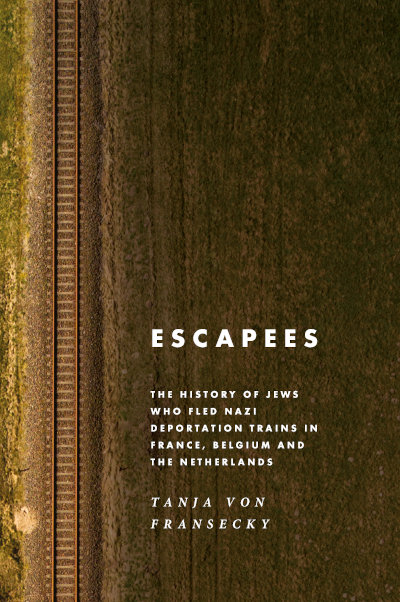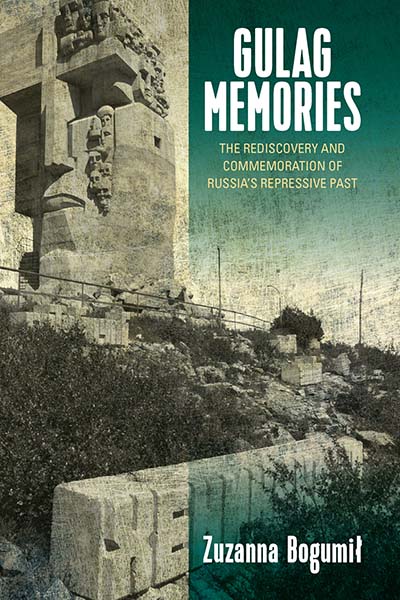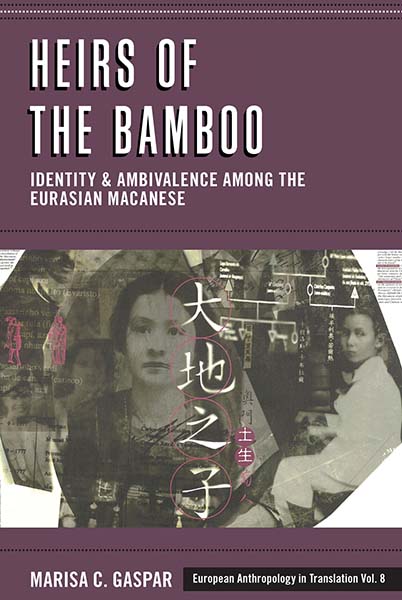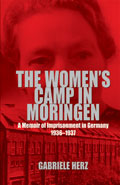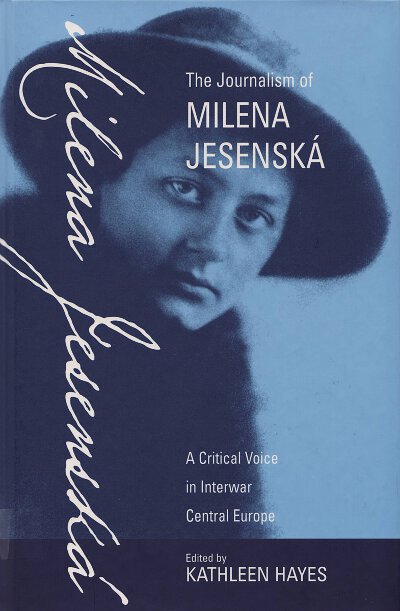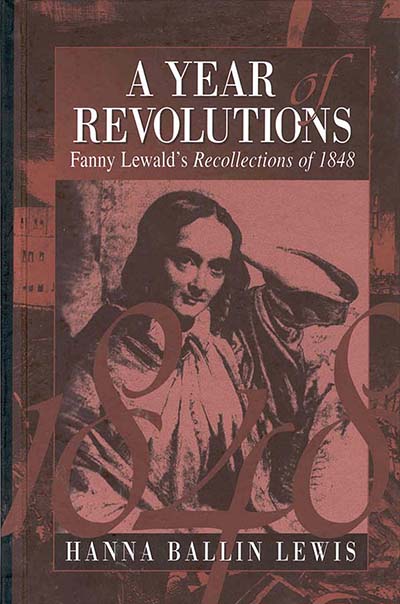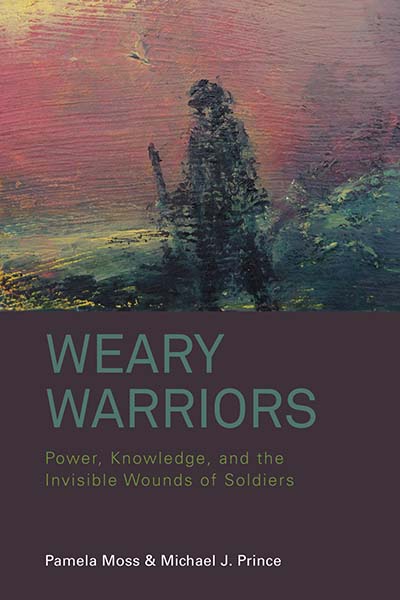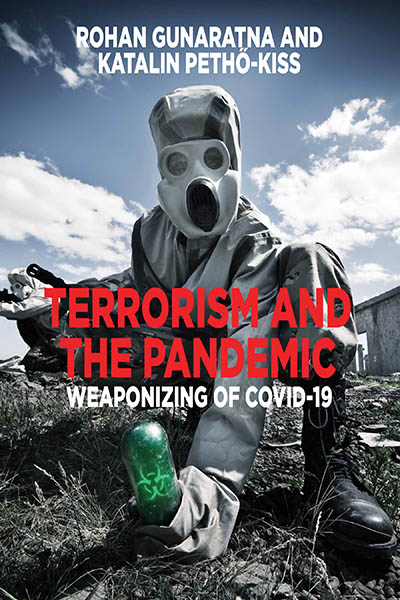
The 21st of September is the International Day of Peace, established by the United Nations in 1981. This year marks the 25th anniversary of the General Assembly adopting the Declaration and Programme of Action on a Culture of Peace.
As the United Nations’ page describes it:
This year marks the 25th anniversary of the United Nations General Assembly’s adoption of the Declaration and Programme of Action on a Culture of Peace. In that declaration, the United Nations’ most inclusive body recognized that peace “not only is the absence of conflict, but also requires a positive, dynamic participatory process where dialogue is encouraged and conflicts are solved in a spirit of mutual understanding and cooperation.”
In a world with rising geopolitical tensions and protracted conflicts, there has never been a better time to remember how the UN General Assembly came together in 1999 to lay out the values needed for a culture of peace. These include: respect for life, human rights and fundamental freedoms; the promotion of non-violence through education, dialogue and cooperation; commitment to peaceful settlement of conflicts; and adherence to freedom, justice, democracy, tolerance, solidarity, cooperation, pluralism, cultural diversity, dialogue and understanding at all levels of society and among nations. In follow-up resolutions, the General Assembly recognized further the importance of choosing negotiations over confrontation and of working together and not against each other.
The Constitution of the United Nations Educational, Scientific and Cultural Organization (UNESCO) starts with the notion that “wars begin in the minds of men so it is in the minds of men that the defences of peace must be constructed”. It is this notion that framed the theme and logo of this year’s observance of the International Day of Peace. The ideas of peace, the culture of peace, need to be cultivated in the minds of children and communities through formal and informal education, across countries and generations.
The International Day of Peace has always been a time to lay down weapons and observe ceasefires. But it now must also be a time for people to see each other’s humanity. Our survival as a global community depends on that. The International Day of Peace was established in 1981 by the United Nations General Assembly. Two decades later, in 2001, the General Assembly unanimously voted to designate the Day as a period of non-violence and cease-fire.
Information taken from the UN’s page, for more details, please read more here.
In the spirit of this day, we have compiled some of our latest titles looking at peace studies below.
For more content, you can browse our Peace and Conflict Studies subject page here.

To be published December 2024
The Paris Peace Conference of 1919
The Challenge of a New World Order
Edited by Laurence Badel, Eckart Conze, and Axel Dröber
For more than a century, the Paris Peace Conference of 1919 has remained an object of historical scrutiny. As an attempt to consolidate peace in the wake of World War I and to prevent future conflict, it was instrumental in shaping political and social dynamics both nationally and internationally. Yet, in spite of its implications for global conflict, little consideration has been given to the way the Paris Peace Conference constructed a new global order. In this illuminating and geographically wide-ranging reassessment, The Paris Peace Conference of 1919 reconsiders how this watershed event, its diplomatic negotiations and the peace treaties themselves gave rise to new dynamics of global power and politics. In doing so it highlights the way in which the forces of nationality and imperiality interacted with, and were reshaped by, the peace.

Paperback Available
Catholic Intellectuals, Journalists, and Media in Postwar Polish–German Reconciliation
Annika Elisabet Frieberg
“This knowledgeably written study succeeds in exemplarily reopening a conceptual approach that is important for international relations on a hitherto rather neglected source basis and providing important insights for the understanding of both discourses of reconciliation in general and the history of German-Polish relations in particular.” • Jahrbücher für Geschichte Osteuropas
Volume 23, Studies in Contemporary European History
Read Introduction

Paperback Available
In the Shadow of the Great War
Physical Violence in East-Central Europe, 1917–1923
Edited by Jochen Böhler, Ota Konrád, and Rudolf Kučera
“Overall, the volume offers a broad panorama of the history of violence in East Central Europe. The individual essays are thematically diverse and offer an excellent synthesis of multilingual sources of research literature and theory.” • H-Soz-Kult
Read Introduction

New Perspectives on Modern Swedish Foreign Policy
Edited by Nevra Biltekin, Leos Müller and Magnus Petersson
“This generous collection of essays portrays salient aspects of Sweden’s policy of neutrality throughout the last 200 years. A truly stimulating read including splendid and sometimes thought-provoking interpretations. The book deserves international attention.” • Rasmus Mariager, University of Copenhagen
Read Introduction

Challenges with Implementing Global Norms for Internally Displaced Persons in Georgia
Carolin Funke
“I really enjoyed reading this monograph…. This book is much more than area studies research on Georgia as this volume is likely to bear theoretical implications generalizable beyond the Georgian case study. Empirical data collected through ethnographic participant observation, elite interviews, and focus groups is rich and fascinating.” • Huseyn Aliyev, University of Glasgow
Volume 44, Forced Migration
Read Introduction

Willy Brandt, Ostpolitik and the Quest for European Peace
Benedikt Schoenborn
“Maybe the parties involved in negotiating an end to the war in Ukraine can revisit some of Brandt’s creative thinking and personal gestures as inspiring examples for the beginnings of a new reconciliation. They can use Benedikt Schoenborn’s excellent study of reconciliation and Ostpolitik as their guide.” • H Diplo
Volume 25, Studies in Contemporary European History
Read Introduction

Historical, Legal, Anthropological and International Perspectives
Edited by Karl Härter, Carolin Hillemanns and Günther Schlee
“A very nice compilation of interesting articles on mediation and related practices of third-party conflict regulation from various perspectives, including legal, anthropological, sociological, historical, psychological and philosophical perspective.” • Daniel Girsberger, University of Lucerne
Volume 22, Integration and Conflict Studies
Read Introduction

Paperback Available
Personhood, Nationhood, and the Post-Conflict Moment in Rwanda
Laura Eramian
“This is richly detailed and an often startling ethnography with sharp insights and resonance for learning about post-conflict moments and the potential future for settings within, and far beyond, modern Rwanda.” • Conflict & Society
2019 CANADIAN ANTHROPOLOGY SOCIETY LABRECQUE-LEE BOOK PRIZE HONORABLE MENTION
Read Introduction
For more content, you can browse our Peace and Conflict subject page here.




